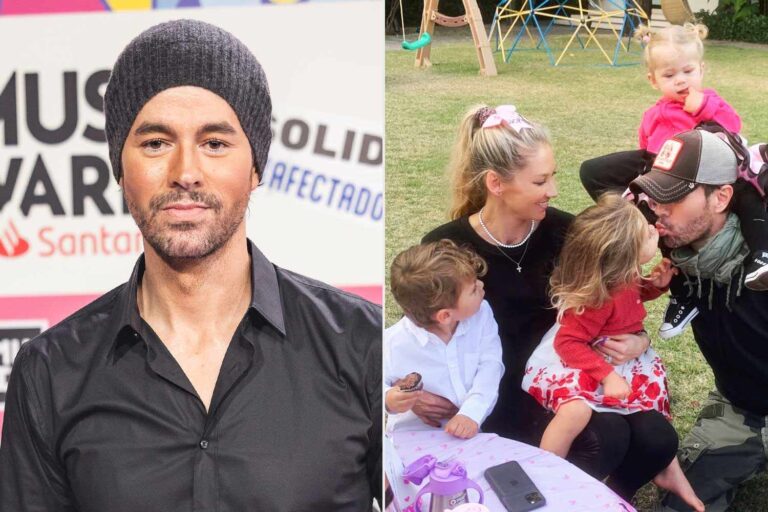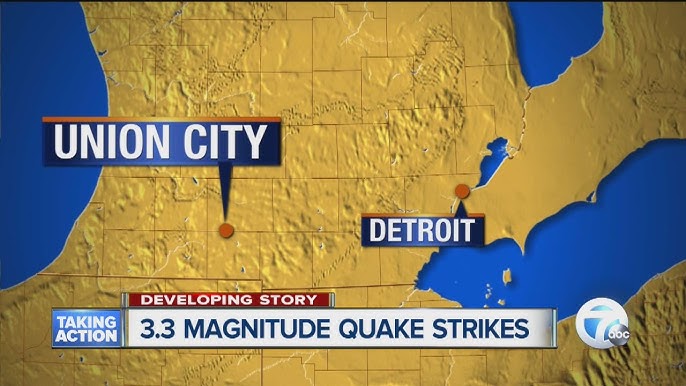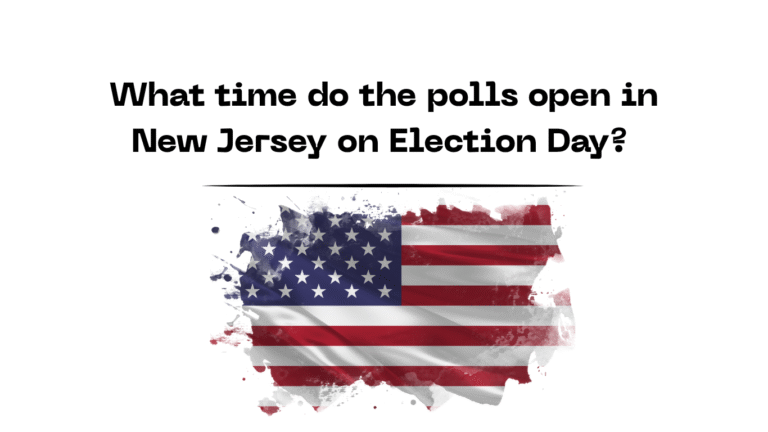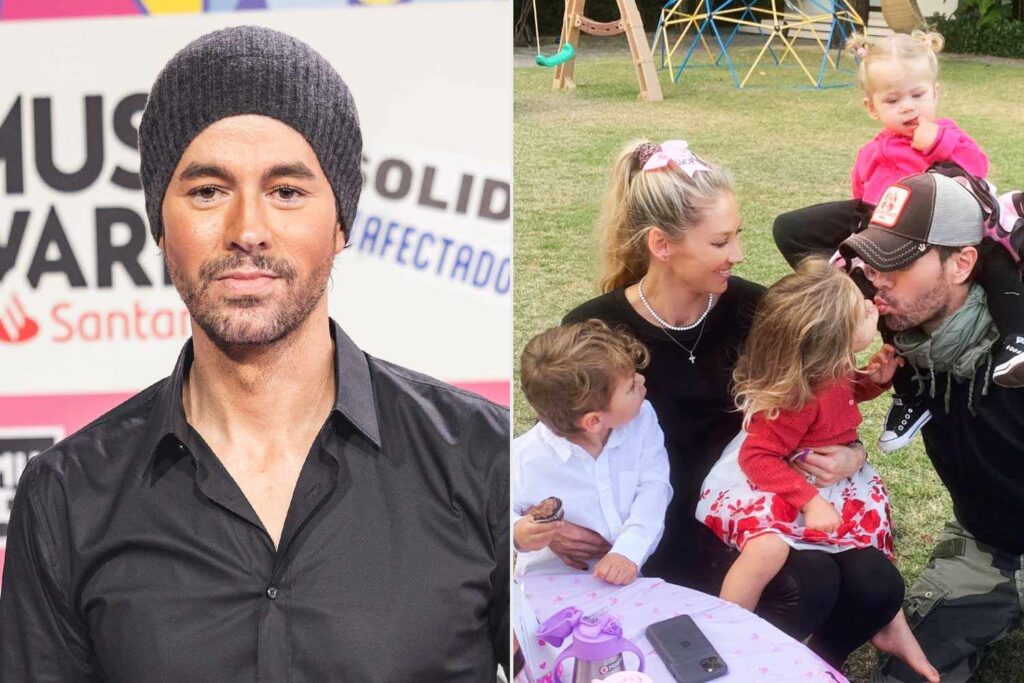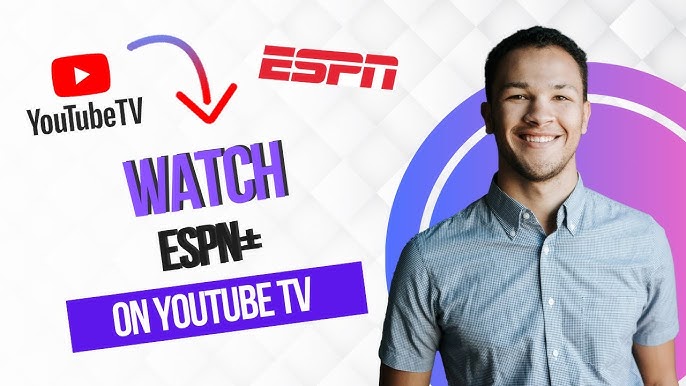Brett Favre, once celebrated as one of the greatest quarterbacks in NFL history, is now at the center of an intense public reckoning. Netflix’s latest documentary, Untold: The Fall of Favre, presents a gripping and often disturbing account of his journey, from the glory days of Super Bowl victories to scandals that shook his personal and professional life. At the heart of the Fall of Favre lies a narrative not just about one man’s actions, but also about power, media, accountability, and the treatment of women in sports culture.
The hour-long documentary is part of Netflix’s Untold series and delves into Favre’s controversies, including the infamous sexting scandal involving Jenn Sterger and his alleged role in the Mississippi welfare fund misuse. What sets the Fall of Favre apart is its effort to provide multiple perspectives while grounding the narrative in verified facts.
Brett Favre’s NFL Legacy and Fame
Favre’s rise began in Mississippi and soared during his time with the Green Bay Packers. Revered for his charisma and fearless playing style, he became synonymous with the “gunslinger” quarterback archetype. Throughout the 1990s and early 2000s, he was a dominant force in football, winning three consecutive MVP awards and leading the Packers to a Super Bowl victory.
But the Fall of Favre is not just about touchdowns and trophies. It’s a stark reminder that even heroes can falter. The documentary explores the contrast between Favre’s legendary status and the troubling personal decisions that contributed to his decline in public esteem.
Jenn Sterger’s Perspective: Silenced, Then Heard
Jenn Sterger, a former New York Jets gameday host and sports media personality, had her life upended in 2010 when reports surfaced that Favre had sent her explicit and unsolicited messages and photos. In Untold: The Fall of Favre, Sterger finally reclaims her narrative.
“I was never treated like a person,” she says in a heartbreaking scene, reflecting on the media storm that followed the scandal. For years, the narrative was shaped without her consent. Her voice, absent from most mainstream coverage, becomes the emotional anchor of the Fall of Favre.
Sterger shares how she never even met Favre in person. Despite working for the Jets during Favre’s brief stint with the team in 2008, the two never crossed paths. The alleged misconduct began when Favre spotted her from a distance and obtained her phone number without her permission.
The Role of the Media in the Fallout
One of the most compelling insights from Fall of Favre is its dissection of how the media treated Sterger compared to Favre. In the early 2010s, media personalities and fans alike cast blame on Sterger, often portraying her as a willing participant rather than a victim.
The film includes clips of pundits minimizing Favre’s actions while vilifying Sterger. This imbalance, according to journalist Jemele Hill in the documentary, reflects a broader cultural issue: society’s tendency to protect male athletes while discrediting women who speak out.
The Fall of Favre makes it clear that the way Sterger was scrutinized and silenced is emblematic of systemic misogyny in sports media.
Director Rebecca Gitlitz’s Vision and Intent
The film’s director, Rebecca Gitlitz, brings decades of experience in sports journalism to the project. She previously led sports programming for TIME Studios and has directed documentaries on other polarizing figures.
Gitlitz emphasizes that the Fall of Favre is not meant to be a hit piece. “There are numerous narratives that need to be unpacked here,” she explains in interviews. Her goal was to present facts and give all parties the opportunity to share their side.
Importantly, Favre declined to participate in the documentary, as did many people from his inner circle. Gitlitz maintains that the Fall of Favre only includes information that could be substantiated.
The Mississippi Welfare Scandal
Another major element of the Fall of Favre is the unfolding Mississippi welfare scandal. Favre allegedly helped direct millions of dollars meant for low-income families toward personal projects, including a volleyball stadium at Southern Mississippi where his daughter played.
Although he denies wrongdoing, Favre remains a defendant in an ongoing civil lawsuit. The film details how investigative journalism brought the scandal to light, with special attention to reporter Anna Wolfe, who won a Pulitzer Prize for her work.
The Fall of Favre doesn’t just present these claims it shows the broader consequences. At stake are public funds, institutional trust, and ethical leadership. The documentary connects Favre’s actions to a larger pattern of misconduct involving other officials as well.
A.J. Perez and the Investigative Backbone
A significant portion of the Fall of Favre relies on the reporting of A.J. Perez, an executive producer of the documentary and a former journalist for Front Office Sports. Perez’s previous work on the welfare scandal laid the foundation for much of the film’s narrative.
In behind-the-scenes commentary, Perez shares that he received threats from Favre’s associates and that some interview subjects declined to participate out of fear. This only heightened the responsibility the creators felt to stick closely to verifiable facts.
Perez’s reporting lends the Fall of Favre a level of journalistic integrity that sets it apart from other sports documentaries.
Impact on Jenn Sterger’s Life and Career
The scandal had a lasting impact on Sterger’s career and mental health. In Fall of Favre, she describes how the incident pushed her away from public life. Once a rising star in sports media, she retreated from the spotlight to escape constant scrutiny.
The film shows how Sterger was thrust into a controversy she didn’t ask for and how she continues to deal with the trauma. Her appearance in Fall of Favre is not just an interview—it’s an act of reclaiming dignity and truth.
Beyond the Headlines: The Ethics of Power
The Fall of Favre is about more than just a football player’s downfall. It is an indictment of how fame, privilege, and institutional bias can protect powerful individuals while silencing those they harm.
It challenges viewers to ask tough questions: Why was a woman who received unsolicited images blamed more than the man who sent them? Why did it take so long for her voice to be heard? And how do we hold public figures accountable when the system is designed to protect them?
A Balanced Portrait of a Complicated Figure
Despite the serious allegations, Fall of Favre doesn’t ignore Favre’s accomplishments. It presents a full arc from boyhood dreams in Mississippi to NFL triumphs to moral and legal controversies.
Director Gitlitz is careful to include context about Favre’s charity work and career milestones. She wants viewers to reach their own conclusions, but only after seeing the full picture.
This balanced approach makes Fall of Favre more impactful. It’s not a condemnation—it’s a mirror held up to American celebrity culture.
Public Reactions and Cultural Reflections
The release of Fall of Favre has sparked renewed discussion about how society treats powerful men accused of misconduct. Social media conversations highlight how Sterger’s narrative resonates with other stories of women mistreated in male-dominated industries.
Critics have praised the documentary for its emotional depth and factual rigor. Viewers are also applauding Netflix’s choice to spotlight a story that forces reflection on justice, gender, and reputation in sports.
The Fall of Favre is more than a documentary it’s a cultural moment.
The Legacy of the “Fall of Favre”
As the documentary circulates, it will inevitably become a reference point in conversations about athlete accountability. The Fall of Favre isn’t just about one scandal it’s about a pattern. About how institutions protect the influential. About how women are still expected to bear the fallout of men’s mistakes.
Jenn Sterger’s bravery in coming forward, despite years of silence and judgment, anchors the film with humanity. And while Favre remains absent from the documentary, his presence looms large in every scene.
The Fall of Favre forces us to confront what we choose to ignore and who we choose to believe.
Key Takeaways from the Documentary
1. Power Protects, Until It Doesn’t
Favre’s legacy shows how long institutions and fans will protect a sports icon—until the evidence becomes too overwhelming to dismiss.
2. Media Accountability Matters
Journalists like A.J. Perez and Anna Wolfe prove that persistent, ethical reporting can uncover the truth, even when powerful figures resist transparency.
3. Women Deserve to Be Heard
Sterger’s story is a reminder that behind every headline is a person. Her voice in the Fall of Favre is a call for empathy and fairness.
4. Documentary Filmmaking Can Drive Change
By presenting a balanced and well-researched story, Fall of Favre elevates public understanding and encourages critical dialogue.
The Fall of Favre may be centered on one man, but its lessons are universal. It challenges audiences to think about justice, responsibility, and how stories are told. More than that, it gives space to voices that were once dismissed or diminished. As audiences continue to grapple with the implications, the Fall of Favre will remain a defining moment in both sports and media history.




